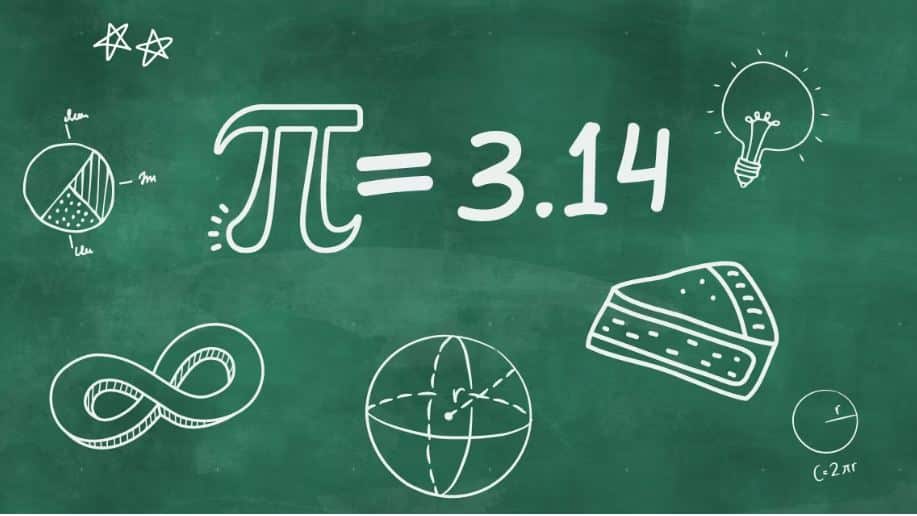Seamless Childcare in BC Schools Is Gaining Momentum
For seamless childcare to reach families province-wide, school districts need ongoing funding and policy support from the provincial government.


Today is March 14th (or 3.14) and it’s a day honouring one of the most famous numbers in mathematics, also known as Pi! Once a year, Pi Day is celebrated worldwide by eating pies, pizzas, and for math lovers, it’s a day for celebrating the universal language that math is. But what actually is pi and why is it so special?
Pi (兀) is the ratio of a circle’s circumference to its diameter, and the value of pi is approximately 3.14. It doesn’t matter if you’re measuring a dime, a donut, or the sun – for any circle, dividing the circumference by the diameter will always give you 3.14 (plus a little more, since pi is an infinite number that goes on forever). While perimeters and diameters may not seem all that exciting, pi and Pi Day are an extra special reminder that math is around us all the time.
Math can be an intimidating subject. Moments like Pi Day can remind us to bring fun into learning, whether we love math or if it makes us feel a little frustrated or anxious at times. In fact, Photomath, a math learning app found in a recent study that almost half, 44%, of Canadian parents say their child faces ongoing struggles with math.

And it’s not just kids who struggle – the study also found that 66% of parents feel it can be a frustrating experience for them and their child when they help them with their math homework. 60% admitted they don’t always have the skills to teach their children the right way to approach math problems, a problem that the pandemic highlighted when parents were tasked with a much larger role in supporting their child’s learning as classrooms transitioned to virtual settings.
Pi further demonstrates that the math learning journey is also infinite – the ups, downs, setbacks, and wins of learning are all part of it. After all, we wouldn’t have a record breaking 62.8 trillion decimals in pi if mathematicians gave up after their first few mistakes.

Turn math into a game
● Approaching math problems as a team or working towards a prize removes some of the intimidating aspects while providing an incentive. Plus, it’s a great excuse to have family fun and get everyone involved in homework time. Pi Day is actually celebrated all over the world with fun math competitions where students compete to recite as many numbers in pi as they can remember.
Embrace technology as a helpful resource
● Educational tech delivers new and more accessible forms of learning, and apps like Photomath can act like a digital math tutor at your fingertips. The app scans math problems on a smartphone and offers intuitive step-by-step explanations to help students build confidence while they learn the ever-important “how” and “why” of each math problem.
Get visual
● There are so many learning styles and not everyone absorbs information the same way. For example, visual learners often benefit from seeing their teacher demonstrate each step on a white board. Take it off the pages and bring in visual ways to bring each step to life in new and engaging ways.
Create a fun workspace
● Our surroundings have a huge impact on our mood and our ability to focus. Giving your child’s study space a refresh and making it somewhere they really want to be can be a great way to motivate them and help them focus.
Mandy Rusin is the VP of Product at Photomath. Photomath, the world’s most used math learning app is free to download and the free version offers solutions to billions of math problems.
For seamless childcare to reach families province-wide, school districts need ongoing funding and policy support from the provincial government.

Childcare nutrition programs do much more than provide food—they supports the development of lifelong habits and social-emotional skills.

Choosing a preschool is one of the most important decisions parents make in their child’s early years.
